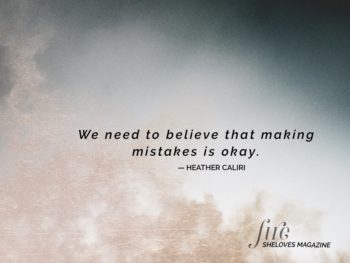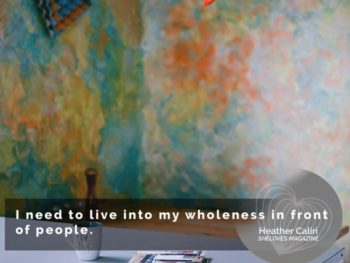
As a kid, I imagined a black belt meant that you were a martial-arts expert. So I was surprised to learn later that it signals a mastery of the fundamentals. The basic vocabulary.
At the time, I felt oddly depressed by this bit of information. I was just out of college, and realizing that my years of schooling left me very little in terms of practical skill. Here was another area where I thought the pinnacle of achievement was X, and then found that it was really X+Y+Z+Aa +Bb…. (This moment of dismay is one of the key reasons I homeschool, and more specifically, unschool my children. That’s another post, however.).
How good did you have to get at something before you were really good? I wondered.
But looking back, I think this information is profoundly helpful. Helpful because it provides a window into what competence actually is, and how it differs from excellence.
The journey to basic competence can be a rich one. I never took karate, but did take ballet, which has a similarly long initiation. In class when I was about eleven (after eight years of study), I realized that it had been months since I’d learned a new step. I felt disoriented. For so long, learning vocabulary had been ballet to me. That wasn’t frustrating—it was simply reality. And it was fun in its own right.
Often children are captivated by that long apprenticeship. Only later do we want to hurry past the initiation for the end goal.
Butt the truth is, experts must find a way to make themselves beginners again. In dancer Gelsey Kirkland’s autobiography, Dancing on My Grave, she described how once she became a prima ballerina, she started a new process of researching and embodying her characters. She spent long hours with a new teacher establishing backstories for each part. In other words, once she reached the pinnacle of her career, she looked around for a new mountain to climb.
The other point to make about competence is that it’s easier to pin down than “excellence”. And that’s good news. Competence is a goal we can set, strive for, and achieve. We can successfully chop through a board; we can do 32 fouettés en tournant without falling.
Excellence, however, is almost wholly in the eye of the beholder. Sure, excellence sometimes results in public acclaim or success. But it doesn’t always. And so it’s dangerous to hand over control of who defines our excellence to others.
As I started trying to draw again, I told everyone my drawings weren’t “art”. A few people nudged me, asking why I was protesting so much. Who says my work isn’t art? Why disavow that label? Art doesn’t come out of competence—it comes from play, from experimentation, and from the long joy of trying. Why put up a wall that’s largely fictitious? Why label myself when it’s neither true nor helpful?
I know this. And yet it doesn’t come naturally.
I’m struggling to believe we’re all—even me!–made to be artists, to find that way of doing, of learning, of finding competence that gives us joy. And to hell with what label other people might give it.
Take Gelsey Kirkland. She found the process of embodying her characters to be tremendously helpful. According to her, however, Mikhail Baryshnikov thought it a waste of time.
Who was right?
Ultimately, only we as the artist, the creative person, or the entrepreneur knows what is a waste of time and what is the pursuit of excellence. Is a practice, a genre, a particular project right for us? Let’s not hand over power of deciding that to anyone else.
If we’re dancing or drawing or chopping boards for someone else’s definition of excellence, we’ll lose the internal motivation that makes excellence possible. About a year before I stopped dancing, I watched a visiting professional in ballet class one weekend. Even during the most basic exercises, she gave her all to make each step look delightfully easy. This was on a Saturday in a studio far from her job. I realized that for most of my years in class, I was only working hard enough to impress teachers. I wasn’t working nearly hard enough to impress myself.
If it’s excellence we want, we must focus on the process. Because the truth is, the line between “expert” and “beginner” is imaginary. The expert erases it by constantly finding new ways to learn. The beginner—me—would do well to learn how to be a beginner from those who have made it their life’s work.














